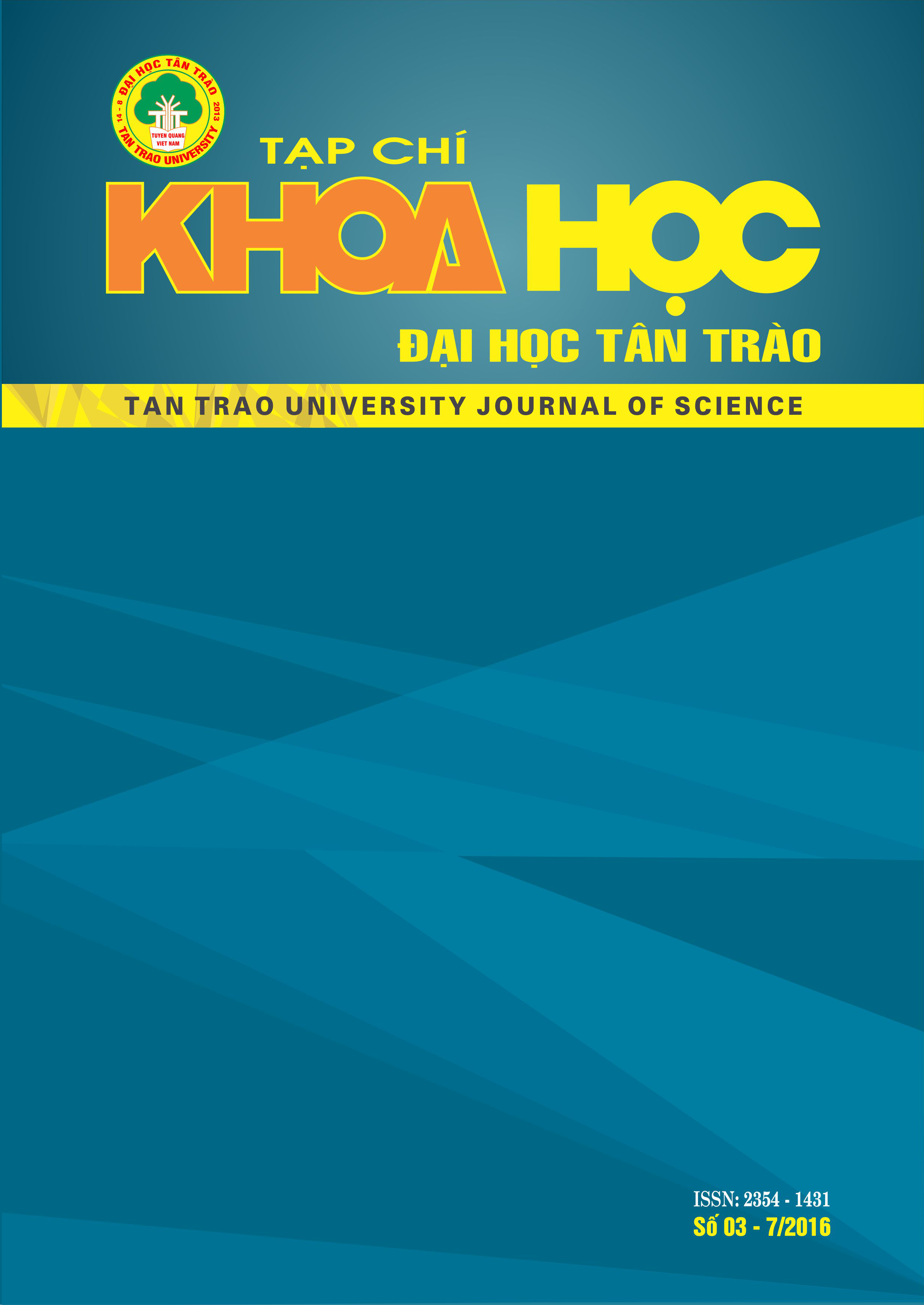Interest of the first - year students in english major when learning listening skills
DOI:
https://doi.org/10.51453/2354-1431/2016/105Keywords:
listening skill, motivation, English- majored students, action researchAbstract
This study is an action research. Being aware of the fact that motivation is extremely important especially for new students at universities, and it is even more important than the study results; this has drawn attention of a group of researchers who intended to carry out a study on interest of first year students whose majors are English at Hung Vuong University when learning listening skills. Based on the data collected from classroom observation and questionaires, some adjustments and changes should be made during the listening course. However, in a minor scope of this article, only the current situation of students’ motivation before the application of adjustment and changes is presented.
Downloads
References
1. David Nunan (2011), Listen in 3, Lao Dong Publishing House;
2. Deci, E.L. and Ryan, R. M. (2010), Intrinsic Motivation. Corsini Encyclopedia of Psychology;
3. Dornyei, Z. (2001), Teaching and researching motivation, Longman, London;
4. Li, C. (2005), Factors affescting listening comprehension and strategies for listening class, CELEA Journal, 28(3);
5. Xiaoying Wang (2007), Three ways to motivate Chinese students in EFL listening class. ASEAN EFL Journal. 2(17).
Downloads
Published
How to Cite
Issue
Section
License

This work is licensed under a Creative Commons Attribution-ShareAlike 4.0 International License.
All articles published in SJTTU are licensed under a Creative Commons Attribution-ShareAlike 4.0 International (CC BY-SA) license. This means anyone is free to copy, transform, or redistribute articles for any lawful purpose in any medium, provided they give appropriate attribution to the original author(s) and SJTTU, link to the license, indicate if changes were made, and redistribute any derivative work under the same license.
Copyright on articles is retained by the respective author(s), without restrictions. A non-exclusive license is granted to SJTTU to publish the article and identify itself as its original publisher, along with the commercial right to include the article in a hardcopy issue for sale to libraries and individuals.
Although the conditions of the CC BY-SA license don't apply to authors (as the copyright holder of your article, you have no restrictions on your rights), by submitting to SJTTU, authors recognize the rights of readers, and must grant any third party the right to use their article to the extent provided by the license.


